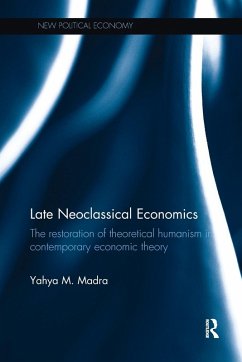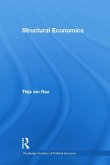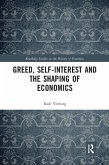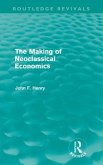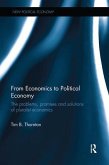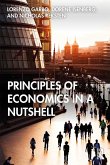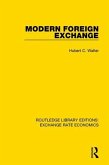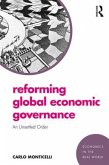Several contemporary economic theories revolve around different concepts: market failures, institutions, transaction costs, information asymmetries, motivational diversity, cognitive limitations, strategic behaviors and evolutionary stability. In recent years, many economists have argued that the increase in circulation and mobilization of these new and heterogeneous concepts and their associated methodologies (e.g., experiments, evolutionary modelling, simulations) signify the death of neoclassical economics. ¿ Late Neoclassical Economics: The Restoration of Theoretical Humanism in Contemporary Economic Theory draws on the work of Louis Althusser, Michel Foucault and the Amherst School, to construct the concept of a self-transparent and self-conscious human subject (Homo economicus) as the theoretical humanist core of the neoclassical tradition. Instead of identifying the emergent heterogeneity as a break from neoclassicism, this book offers a careful genealogy of many of the new concepts and approaches - including evolutionary game theory, experimental economics and behavioural economics - and reads their elaboration as part of the restoration of the theoretical humanist core of the tradition. 'Late neoclassical economics' is therefore characterized as a collection of diverse approaches which have emerged in response to the drift towards structuralism. ¿ This book is suitable for those who study political economy, history of economic thought and philosophy of economics. The arguments put forward in this text will also resonate with anyone who is interested in the fate of the neoclassical tradition and the future of economic theory.
Hinweis: Dieser Artikel kann nur an eine deutsche Lieferadresse ausgeliefert werden.
Hinweis: Dieser Artikel kann nur an eine deutsche Lieferadresse ausgeliefert werden.

